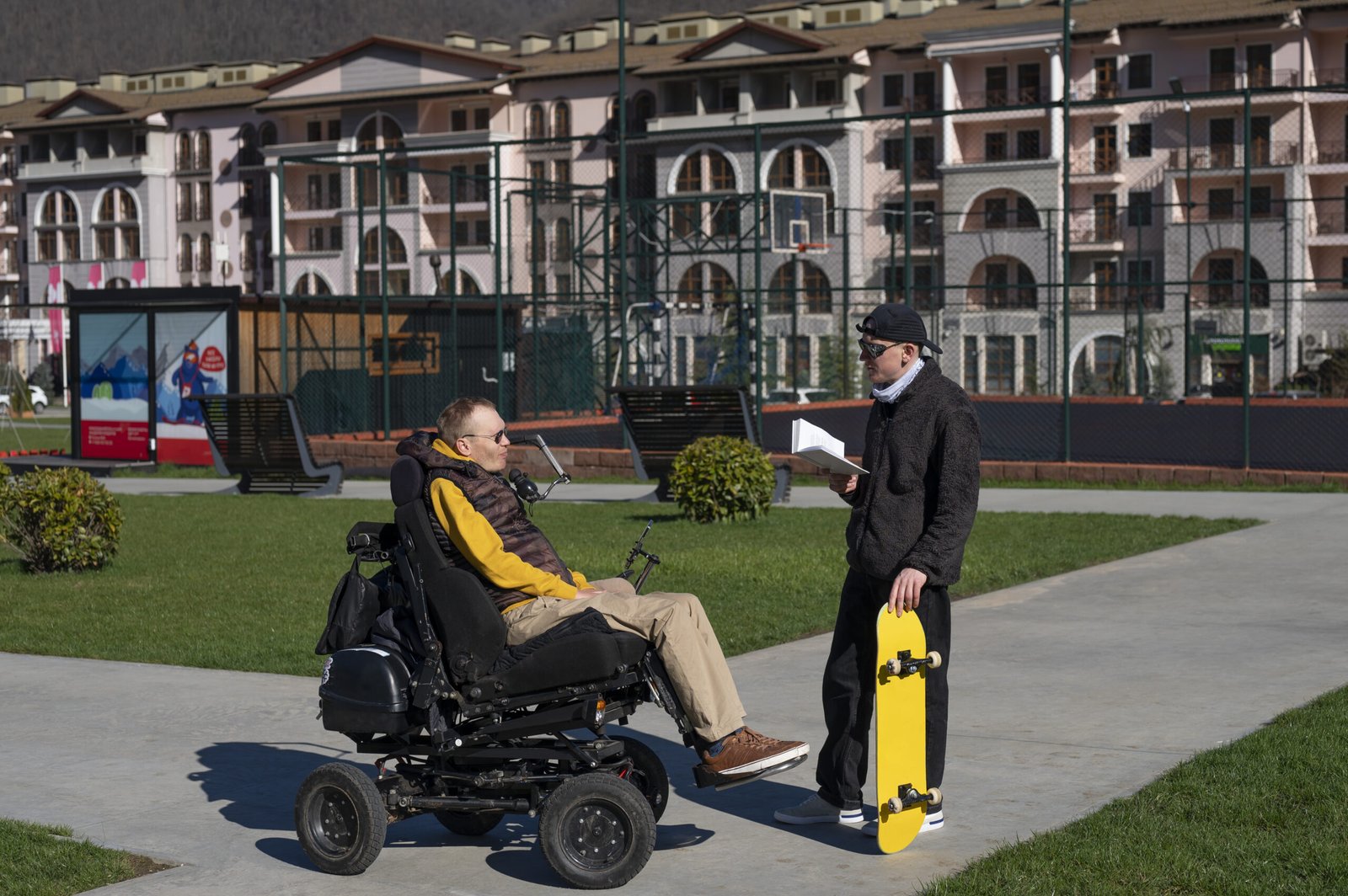
Traveling with NDIS Supports: Your Guide to a Stress-Free Holiday

Exploring distant lands is thrilling as it offers the chance to discover new locations, connect with different types of people, and take a healthy break from day-to-day life routines. However, for an NDIS participant, going on vacation takes a little more planning and consideration, especially with respect to getting the needed support. The piggy-back up of this statement is that, with the correct resources in place, it is possible to take a satisfying trip and receive assistance at the same time.
So, what should you know about traveling with NDIS support? Let’s dive in.
Can You Use NDIS Funding for a Holiday?
The response is affirmative, but there are certain caveats. The National Disability Insurance Scheme does not cover travel expenses related to the enjoyment of a holiday (such as buying plane tickets or booking hotel stays), however, it can cover the assistance that a person needs to travel, such as securing the services of a caregiver or using accessible transport.
In the event that you are traveling within the territories of Australia, then NDIS funding can also be used to pay for daily support, the same way as it would be used to pay for such support at one’s residence. You can also get the same kind of find a support worker in Australia
In terms of international mobility, NDIS can provide funding for travel support for a period not exceeding six weeks but it is essential to inform the NDIS beforehand. This is done to make sure that the appropriate adjustments are made to the travel plan in anticipation of any additional changes or needs during the period of travel.
Planning Your NDIS-Funded Holiday
Whether you’re planning a local getaway or an international adventure, the key to a smooth trip is careful planning. Here’s a step-by-step guide to help you get started:
- Review Your NDIS Plan: Prior to engaging in flight reservations, you should review your NDIS plan to evaluate the extent of support you will have access to when traveling. This will assist you in understanding what is included, be it personal assistance, help with everyday chores or accessible transport that is tailored to your needs.
- Inform the NDIS of Your Travel Plans: If you are going overseas, it is important to advise NDIS of your travel plans as early as possible. This way, they can make any appropriate changes to your plan where applicable and ensure that your support is safe for the first six weeks of the trip.
- Organize Support Workers: Assuming that your current support worker is unable to accompany you on your trip, you will then have to find a support worker in Australia who will meet you upon arrival. Numerous NDIS providers have flexible solutions to make certain that they provide you with the care you seek, regardless of your location.
- Accessible Accommodation and Transport: It’s important to reserve a place to stay that not only is convenient but also provides any facilities for wheelchair users or is located within proximity to restaurants wheelchair users can access. Additionally, you will want to make available accessible transport; this may involve requesting for a vehicle that can accommodate a wheelchair or confirming if the available transport at the destination is appropriate for you.
- Travel Insurance and Equipment: Even though NDIS financing caters for your needs, it’s advisable to seek some sort of travel insurance which covers medical emergencies or any equipment that you will be carrying along with you. A few airlines also have provisions for cubing up mobility aids, so make sure to check in advance.
Traveling within Australia vs. Overseas
The travel experience within Australia tends to be simpler for NDIS participants. It is usually possible to keep existing support workers and the same level of care. Should you happen to be going to a different state or territory, be sure to check with your providers where you can confirm your support will continue without risk of interruption.
When going abroad for a vacation, it is always best to be prepared long before the actual travel dates. In view of this, NDIS funding applies only during the initial six weeks of overseas outings hence any trips beyond this period will have to be self-financed or funded through other arrangements.
Enjoying Your Holiday with Confidence
When proper arrangements are made, there are no difficulties facing NDIS participants in traveling. The NDIS is aimed at encouraging one’s freedom in every aspect including when they move from one region to the next. All this can be done efficiently without stressing about the holiday experience because there will be no worries around support and accessibility.
Conclusion
Going on a trip with NDIS needs may entail additional measures, that said it is very much achievable to have a hassle-free, accessible and enjoyable tour. Whether you need to find a support worker in Australia, arranging for accessible transport that can cater for your needs or just modifying your NDIS plan, doing things in a timely manner will help make any of your trip enjoyable and stress-free from beginning to end.


